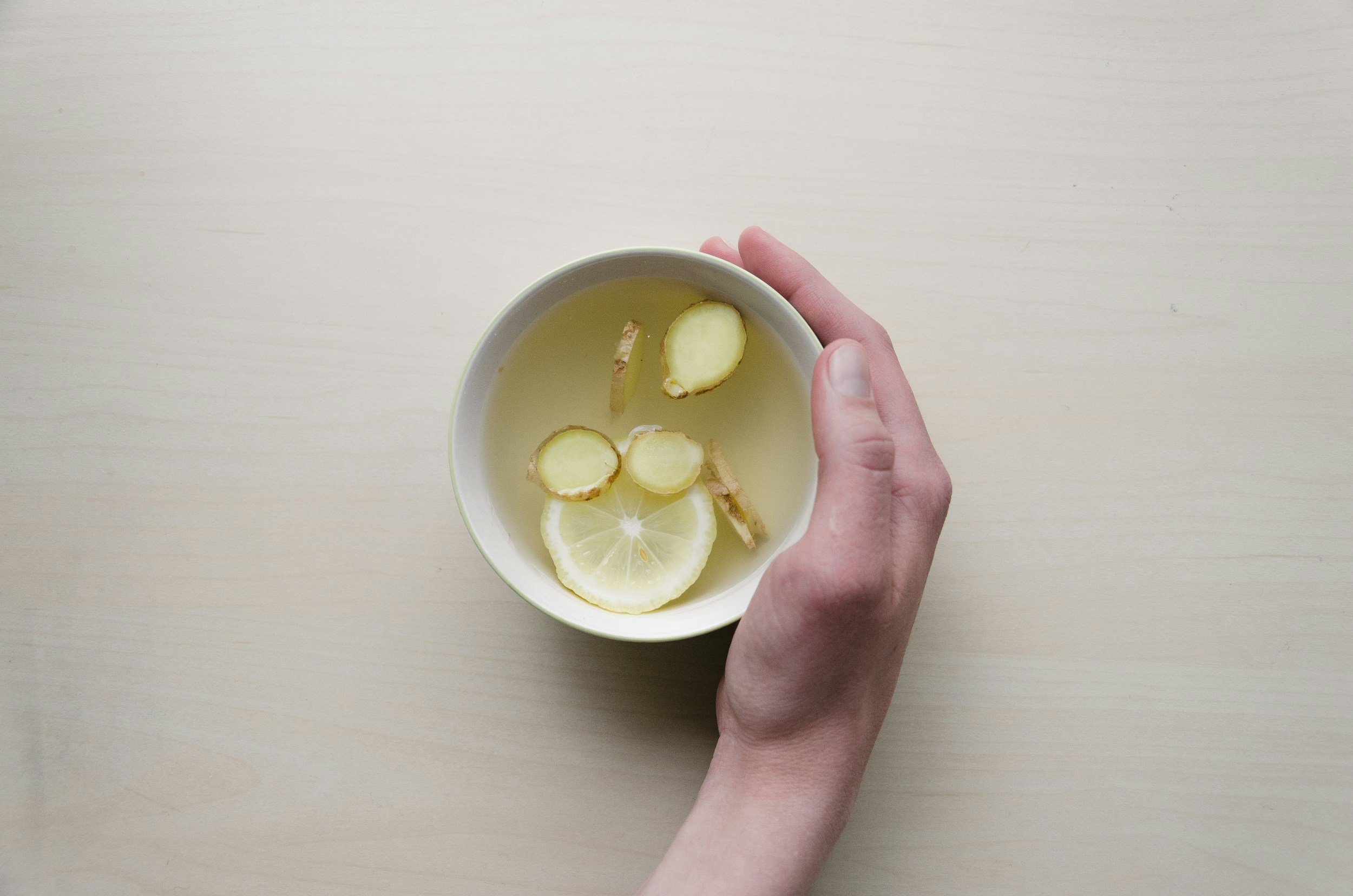
choosing Personal care Products
Personal care products include a variety of products used for cosmetic or therapeutic purposes. These products are generally not ingested but are used externally or for oral health. Examples of personal care product types include:
Aromatherapy (e.g., essential oils)
Body care (e.g., deodorant, body lotion and balm, body wash, liquid and bar soap)
Feminine products (e.g., menstrual cups, intimate cleansers and wipes)
Haircare (e.g., shampoo, conditioner)
Relaxation (e.g., bath, foot rub, foot soak products)
Muscle and joint pain relief (e.g., cream, gel, scrub)
Oral health (e.g., toothpaste, mouthwash, whitening strips)
Recreational (e.g., bug repellant, neck pillow)
Sexual health (e.g., intimate cleansers, lubricants)
Skincare (e.g., cleanser, toner, moisturizer, exfoliator, oil, lip balm, serum, eye cream)
Certain personal care products can increase your exposure to environmental chemicals that may impact your health. Chemicals such as parabens and phthalates can enter your body by ingestion, inhalation, and dermal absorption (through the skin). Use the tips outlined below to find safe, high-quality personal care products.
Consult consumer guides for non-toxic personal care products
Certain organizations, such as the Environmental Working Group (EWG) and the David Suzuki Foundation, offer education and free resources for consumers interested in non-toxic, environmentally-friendly personal care products.
Read ingredient labels
Personal care products are required to list their ingredients in descending order of concentration. Organic ingredients are typically identified by an asterisk in the ingredients list, and seed oils and plant extracts are often indicated by their common name and scientific name.
Recognize harmful ingredients and chemicals
Inspect the ingredients list for potentially harmful ingredients. Common ingredients to avoid include color additives (e.g., FD&C Blue No. 1), fragrances/perfumes, parabens, and phthalates.
Shop at trusted specialized retailers for high-quality products
Health food stores and specialized online retailers often have high product quality standards, making them great places to shop for personal care products. Due to increased consumer demand, many major brands are also offering more non-toxic products.
Watch out for ‘greenwashing’ marketing tactics
Certain companies may use misleading terms such as “all-natural”, “eco-friendly”, and “sustainable,” or include unsubstantiated claims to give the impression that their products are healthier for the consumer and the environment.
Look for third-party certified products
Many third-party organizations independently analyze personal care products to ensure they meet specific manufacturing and/or ingredient quality standards. Examples include Fair Trade Certified, USDA Organic, Certified Vegan, and Non-GMO Project Verified.
